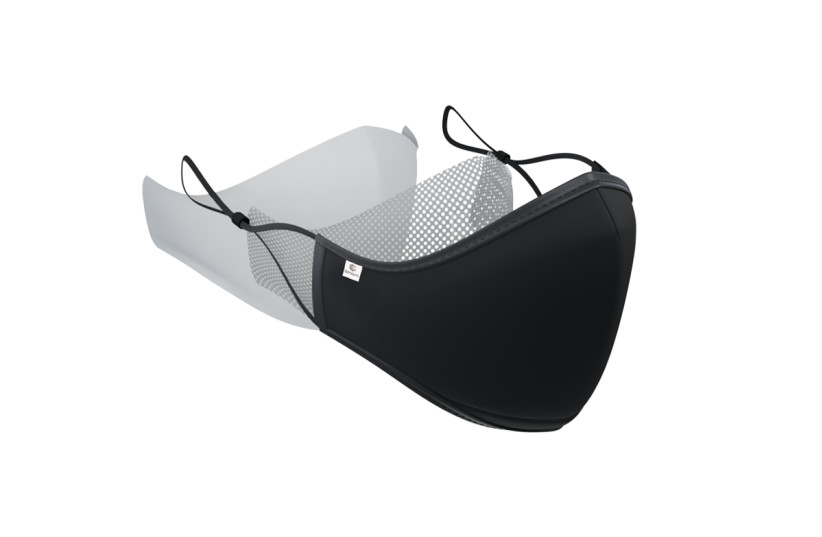Antimicrobial-resistance (AMR) is winning, reaching dangerous levels due to the overuse and misuse of antimicrobials. AMR-related healthcare-associated infections are leading to longer hospital stays, reduced quality of life and disability, higher death rates and higher economic costs. The World Health Organization has proclaimed AMR to be one of the top 10 global public health threats facing humanity.
According to the CDC’s “2019 Antibiotics Resistance Threats in the US” report, there are more than 2.8 million yearly antibiotic-resistant infections and more than 35,000 deaths per year as a result in the United States alone. Treating infections caused by six common drug-resistant germs amounts to more than $4.6 billion in annual national costs.
Our ability to treat and cure once-simple diseases is becoming compromised unless we find new, effective ways to eradicate AMR pathogens. With the frequent mutation and adaptation of pathogens to medication, other means of fighting AMR must be incorporated to reduce the levels of resistant microbes in the environment. Common public areas such as public transportation and public transportation hubs, hotels, hospitals and healthcare facilities, restaurants, etc., contain high-touch textiles and fabrics that can quickly spread infection. Antimicrobial textiles provide another means to effectively reduce pathogen levels in human surroundings.
Antimicrobial fabrics are fabrics that have been treated to be functionally active in killing microorganisms or in inhibiting their growth. This can be achieved in a number of ways and methods of treatment, usually by impregnating or coating textiles with antimicrobial compounds through leaching or non-leaching methods. The most common method of leaching antimicrobial compounds loses potency over time with each wash cycle, quickly reaching below-lethal levels and hence becoming ineffective.
Sonovia uses innovative patented ultrasonic cavitation technology to forcefully blast textiles with metallic oxide compounds. The sheer force of the cavitation process embeds the antimicrobial compounds within the textile’s structure, providing long-lasting performance and potency. In fact, lab results show that Sonovia’s treated antimicrobial fabrics maintain their potency for over 55 washes. Sonovia’s technology is eco-friendly and requires no harmful chemical binders, conserving precious drinking water in its process compared with the prevalent antimicrobial finishing methods on the market. The innovative method can be applied to any type of textile material.

Sonovia was founded in 2013 following a successful four-year EU-funded research which included an indicative clinical trial in a European hospital to prove the efficacy of the technology in dramatically reducing or eliminating HAI levels. The clinical trial was declared a huge success, with healthcare-associated infections decreasing dramatically through the use of the antimicrobial textiles and uniforms. Sonovia is currently partnering with leaders in the automotive industry to apply its antimicrobial fabrics to vehicle interior components. Sonovia’s masks with antimicrobial fabric have been proven to neutralize fungi, bacteria and viruses including SARS-CoV-2 and its variants including the UK variant and now dominant Delta variant with over 99% efficacy. Professor Amos Adler, Sonovia’s scientific adviser and director of the Clinical Microbiology Laboratory at the Tel Aviv Sourasky Medical Center (TASMC) said:
“COVID-19 variants might have different epidemiological or immunological properties that are the result of point mutations in critical areas of the receptor binding domain. Still, their overall structure and biophysical properties of the virus are almost identical. Hence, the antiviral effect exerted by the Sonovia-treated fabrics is expected to be present in all COVID-19 variants.”
Sonovia is working tirelessly to continue implementing its vision of saving lives and improving people’s quality of life while protecting the environment to new sectors through novel applications and technology.
The writer is CTO of Sonovia.
